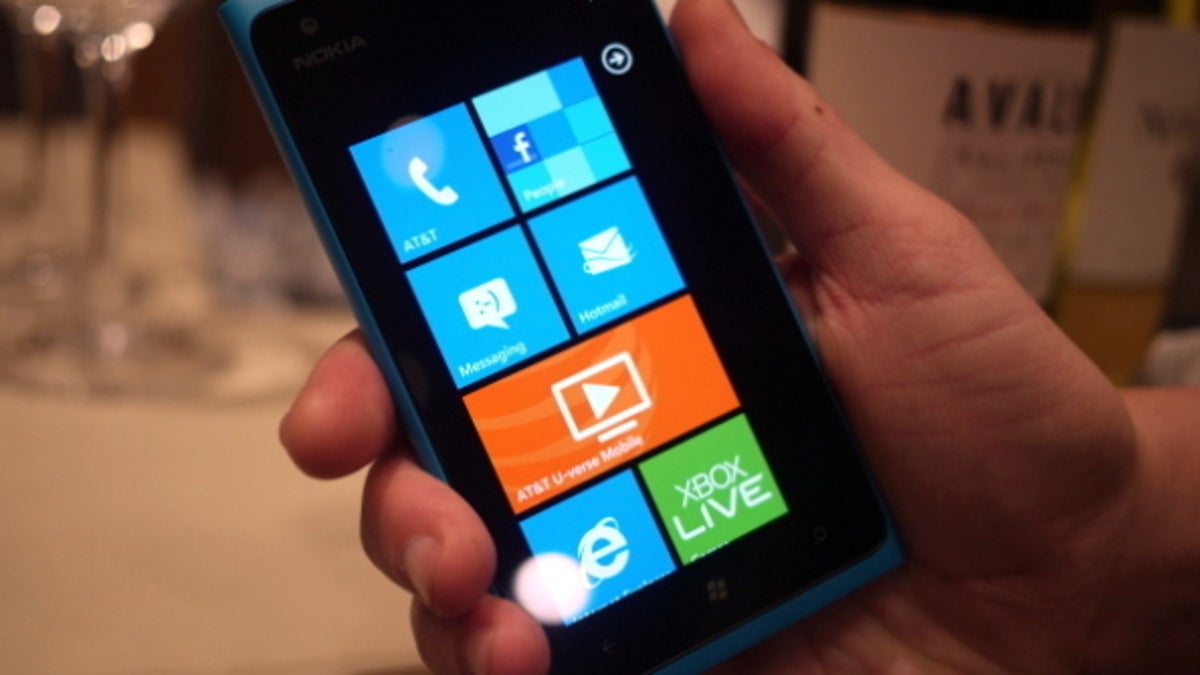Microsoft, Nokia spending $24 million to educate developers
The two companies are investing the money in a new apps development program at Aalto University in Finland to drum up interest in Windows Phone and Nokia's mobile platforms.

Microsoft and Nokia are looking to create a new generation of developers for their mobile platforms by pouring money into education.
The two mobile partners will each contribute 9 million euros ($12 million) to fund a new program on mobile app development at Finland's Aalto University. The training, dubbed AppCampus, will focus on Windows Phone but will also cover Nokia's Symbian and Series 40 platforms.
Set to launch this May, AppCampus will be geared toward students and entrepreneurs from around the world looking for an education in mobile technology, design, and funding with an eye toward building their own startup firms. Aalto University was chosen for its "growing reputation as a hotbed of new startup companies," according to Microsoft and Nokia. The school itself will offer the facilities, training services, and network access to participating students.
Taught by mobile industry veterans, AppCampus will help developers bring their ideas to market, while giving them full intellectual property rights to any apps they create.
"We are proud to announce this new program, which will enable new and existing developers to create next-generation mobile apps and unique user experiences," Nokia executive vice president Kai Oistamo said in a statement. The apps can be sold in both the Windows Phone Marketplace and Nokia Store.
This new investment in education comes at a time when both Windows Phone and Nokia continue to face challenges in the mobile marketplace. Since its launch in 2010, Windows Phone has failed to make much of a dent, seeing little change in its global market share. Nokia's share has fallen dramatically over the past year as interest in its Symbian phones has waned.
Microsoft and Nokia have been pushing the Windows Phone Lumia lineup, helping it pick up some steam as of late. The Lumia 710 has garnered healthy, if not blockbuster, sales in the United States. The Lumia 800 has seen solid demand in certain European countries.
Both companies are counting on robust sales for the upcoming Lumia 900 smartphone, which is geared up for an April 8 launch. Selling for only $99 with a two-year contract through AT&T, the 900 will be the first Windows Phone handset to offer 4G access.
But the Lumia lineup is facing an uphill battle in the midst of a market dominated by the iPhone and Android. Microsoft and Nokia need to find compelling reasons for consumers to consider a Windows Phone. As smartphone users increasingly focus on apps, fishing for the right app developers is a key part of that strategy.

